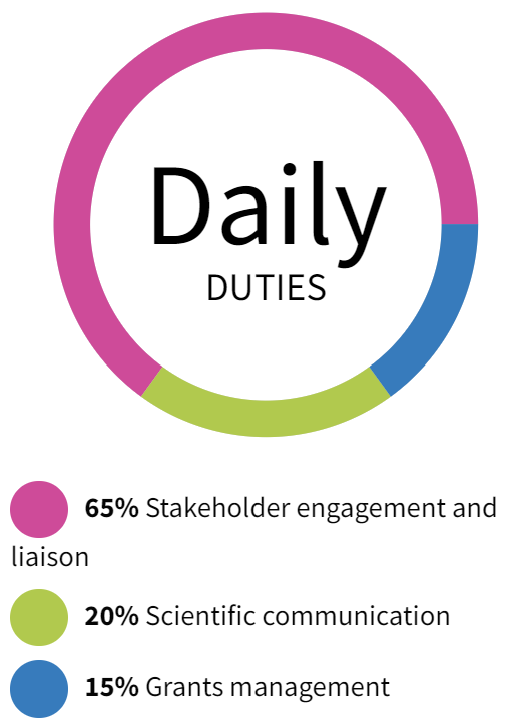Career Spotlights

Mark Manuel, Pacific Islands Regional Coordinator.

Mark Manuel
Location: Hilo, Hawai’i
Education: B.A. in Marine Science; M.S. in Tropical Conservation Biology and Environmental Science (both University of Hawai’i at Hilo)
Mark works as the Pacific Islands regional coordinator for the Marine Debris Program, part of NOAA’s Office of Response and Restoration (OR&R). Here, he investigates and prevents the adverse impacts of marine debris in the Pacific Islands Region (Hawaii, American Samoa, Guam, and the Commonwealth of the Northern Mariana Islands) and facilitates information sharing between the region, the national marine debris community, and the national-level Marine Debris Program. OR&R is a center of expertise in preparing for, evaluating, and responding to threats to coastal environments, including oil and chemical spills, releases from hazardous waste sites, and marine debris. The Marine Debris Program envisions the global ocean and its coasts free from the impacts of marine debris. It achieves its mission through six main pillars: prevention, removal, research, monitoring and detection, response, and coordination. Program staff members are located across the country to support projects and partnerships with state and local agencies, tribes, non-governmental organizations, academia, and industry.
How did you figure out you wanted this career?
Born and raised in Hawaii, I have spent my life surrounded by the ocean, cultivating cultural, scientific, and recreational connections. A fellow Hawaiian marine science teacher inspired me, who first introduced me to marine science as a high school sophomore. I followed my love for the ocean in my educational pursuits, earning a bachelor’s degree in marine science and a master’s degree in tropical conservation biology and environment science from the University of Hawaii at Hilo. This educational path opened doors and opportunities that motivated me to pursue a career focused on marine science and conservation.
Was there a time when you felt your work was particularly rewarding or exciting?
I have really enjoyed taking part in and leading marine debris survey and removal missions in the remote Papahānaumokuākea Marine National Monument. During these missions, I work at sea for months and endure hours of physically demanding work. The efforts made by my team make all the grueling work worth it. It is satisfying to know that we contributed in removing hundreds of thousands of pounds of derelict fishing gear and plastics — marine debris that would otherwise destroy or impact critical habitat and wildlife in one of the most ecologically and culturally important protected areas in the world.
What would you recommend to those who want to begin a career in your field?
Be open-minded and explore all opportunities you get, as you never know what will truly spark your interest. In addition, as with many environmental issues, we should think globally but act locally. Get involved and understand your local community needs that can feed into regional and global change.
NOAA. Mark Manuel, Pacific Islands Regional Coordinator. National Ocean Service website, https://oceanservice.noaa.gov/profiles/2023/mark-manuel.html, accessed on 9/25/2024.
